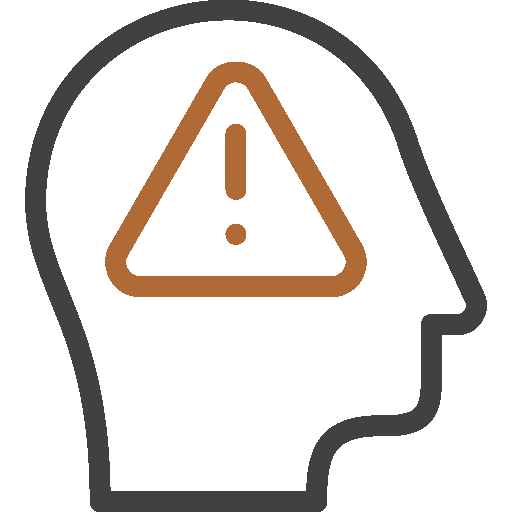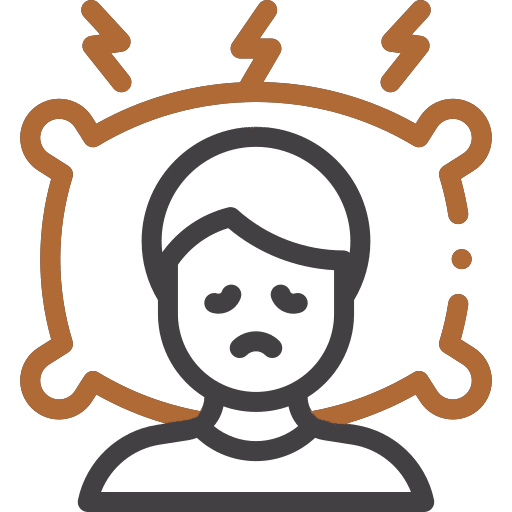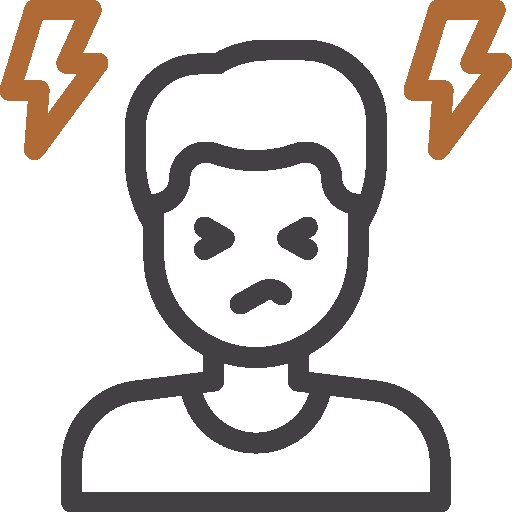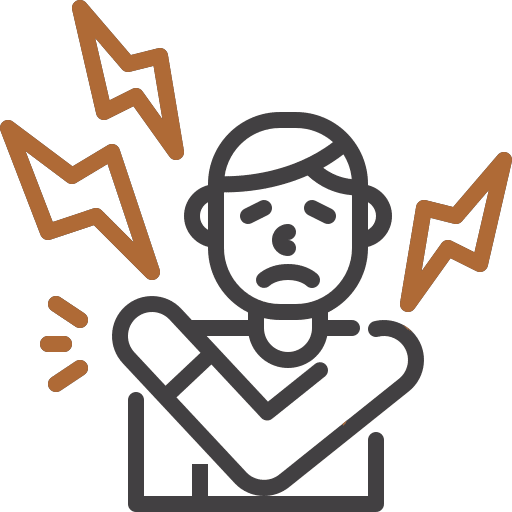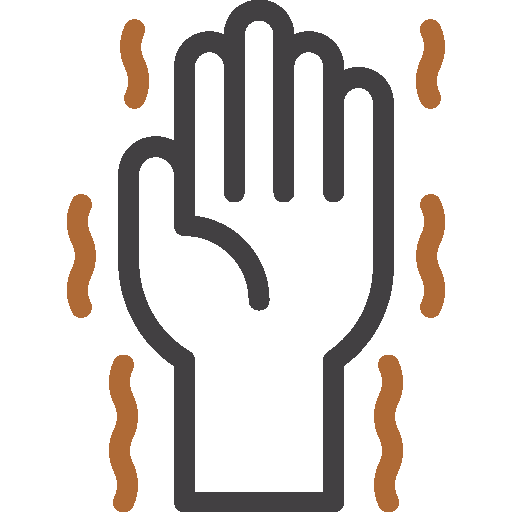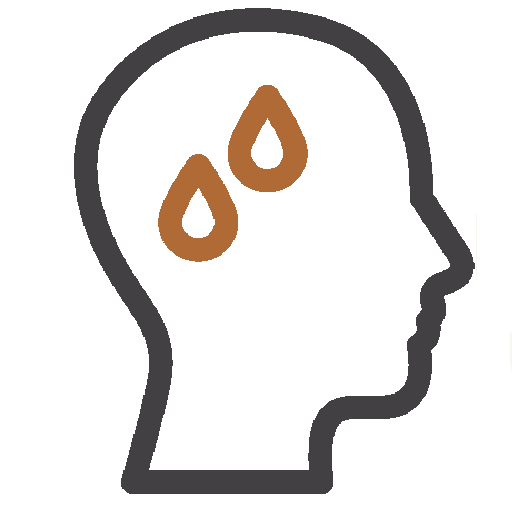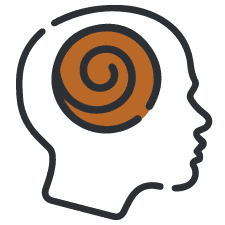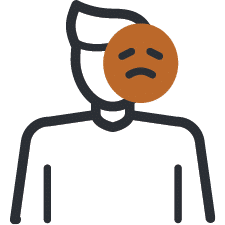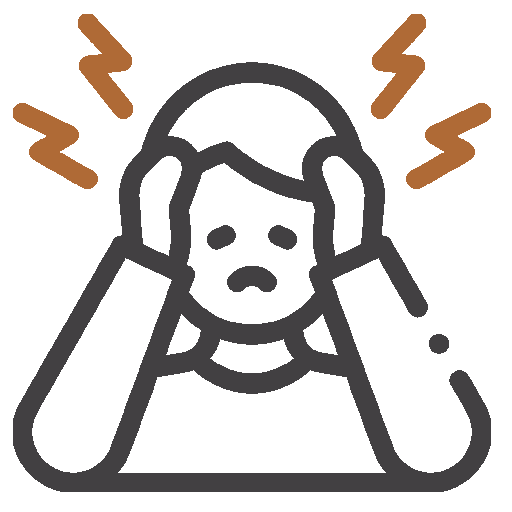Benzodiazepines, often prescribed to treat anxiety and other mental health conditions, can bring relief to those in need. However, the prolonged use of these medications can lead to a state of physical dependence. As individuals strive to discontinue benzodiazepine usage, they may encounter a range of challenging symptoms, collectively referred to as withdrawal.
In this article, we’ll learn about the stages of getting off benzodiazepines, talk about what could happen to you, and why it’s important to have a doctor help you. We’ll also talk about programs that can help you feel better and groups where people help each other. It’s all about getting better and feeling good in your mind again.



